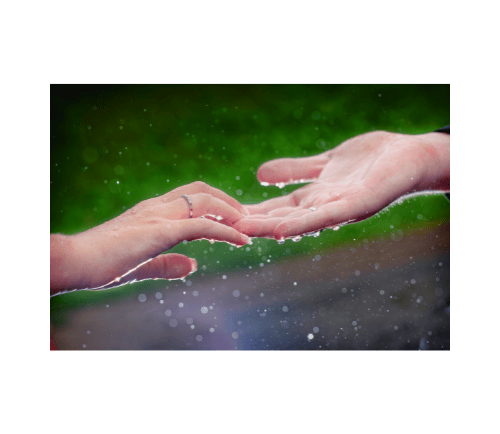Understanding Grieving Stages and Coping Mechanisms
Discover the grieving stages, signs of grief, and how professional support can help you cope with loss, reduce emotional pain, and restore emotional balance.
4/11/20252 min read


Coping with Grief: Psychological Support After a Loss
Losing someone close is one of the most painful and challenging experiences a person can go through. Whether it’s the result of death, a breakup, or losing a job, grief can cause deep sadness, loneliness, and a sense of helplessness. In such moments, psychological support becomes a vital resource to help manage the pain and find the strength to move forward.
What Is Grief and Why Is It So Hard to Bear?
Grief is a natural response to loss and reflects the process of adapting to a new reality. Loss can take many forms — the death of a loved one, the end of a relationship, job loss, or a decline in health. Everyone experiences grief differently, and its intensity depends on the significance of the loss.
Common signs of grief may include:
A deep sense of sadness and loss.
Feelings of emptiness and helplessness.
Difficulty concentrating or remembering things.
Insomnia, appetite loss, physical pain.
Withdrawal and feelings of loneliness.
Grief is a process, not a fixed state. It takes time, care, and support.
Why Is It Important to Seek Professional Help?
Sometimes grief becomes so overwhelming that it’s hard to cope with emotions alone. In such cases, turning to a crisis psychologist can greatly ease the recovery process.
Working with a psychologist can help:
Safely express emotions
A psychologist provides a safe space to talk about your feelings without fear of judgment.
Work through guilt or shame
A professional can guide you toward acceptance and help release difficult emotional burdens.
Find meaning in what happened
This is an important step toward adjusting to a new reality.
Support gradual recovery
A psychologist works with you through specific steps to help you return to everyday life.
Stages of Grief: What to Expect
Grief is not a linear process — it can manifest in different ways. However, psychologists generally recognize five main stages:
Denial — refusal to accept the loss.
Anger — feeling injustice or blaming yourself, others, or circumstances.
Bargaining — trying to change the situation or minimize its impact.
Depression — deep sadness and awareness of the loss.
Acceptance — gradually adjusting to the new reality.
These stages may overlap or repeat — and that’s completely normal.
Practical Steps to Cope with Grief
Acknowledge your feelings
Give yourself permission to feel pain. It’s a natural response and should not be ignored.
Seek support
Share your feelings with loved ones or a psychologist. Talking helps reduce inner tension.
Take care of your health
Try to get enough sleep, eat well, and stay physically active.
Create memory rituals
Memorial events, photos, or letters can help honor the memory of what was lost and ease the pain.
Don’t rush the process
Give yourself time. Healing doesn’t happen overnight.
What’s Important to Remember?
Grief is not a weakness — it’s a response to something meaningful that was lost.
The path to healing is individual and may take time.
Professional help can ease emotional pain and support your return to a fulfilling, balanced life.

Intuition Under Extreme Conditions: Insights & Errors
Explore how intuition operates in extreme conditions, examining scientific mechanisms, the link between experience and reflexes, common errors in intuitive thinking, and methods for developing intuition effectively.
Footer
Psychological services in crisis moments of life.
Contacts
About us
E-mail: info@krysyspsycholog.com
Call or Message via WhatsApp
© 2025 All rights reserved. Privacy Policy | Terms of Use | Cookie Policy
